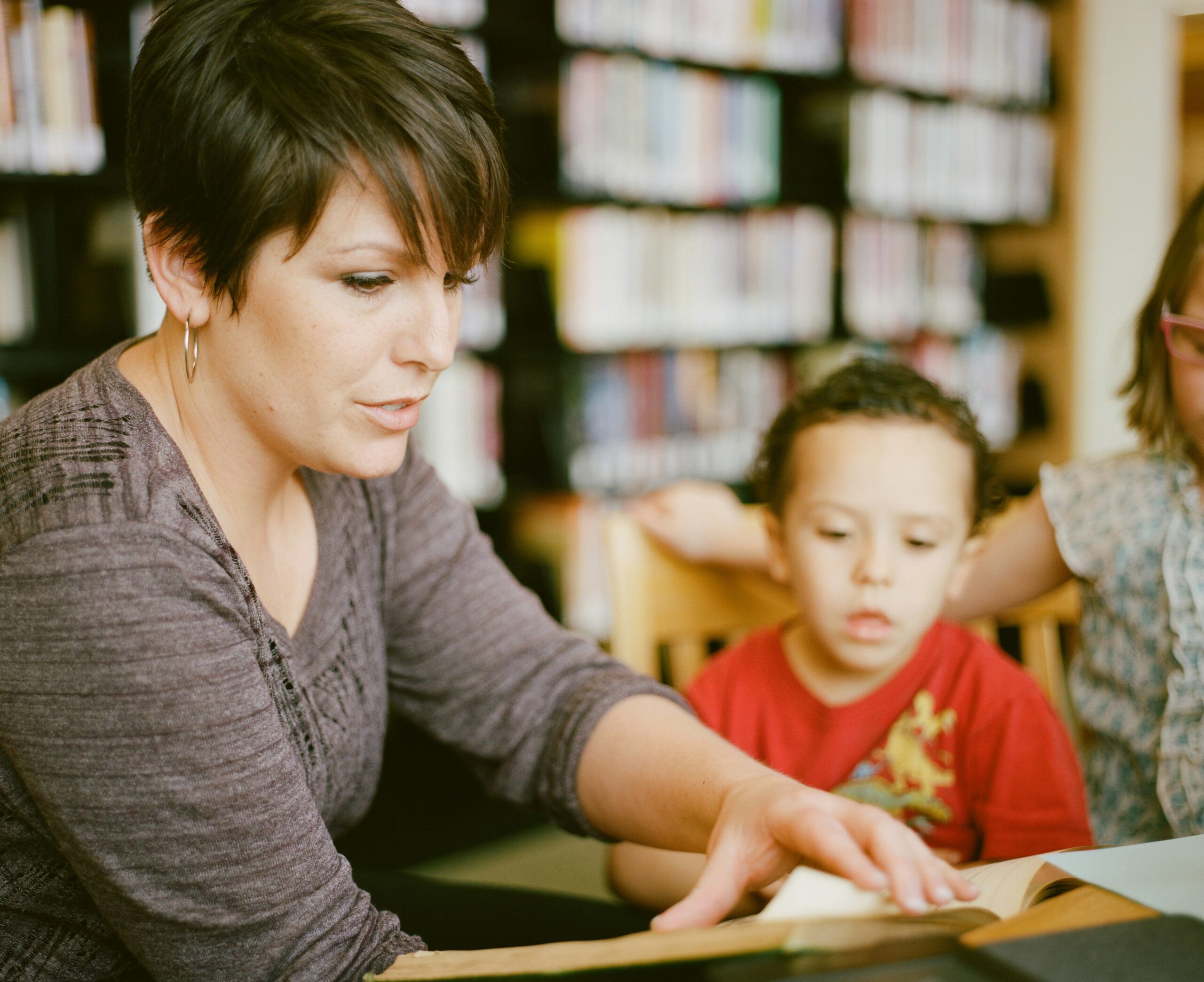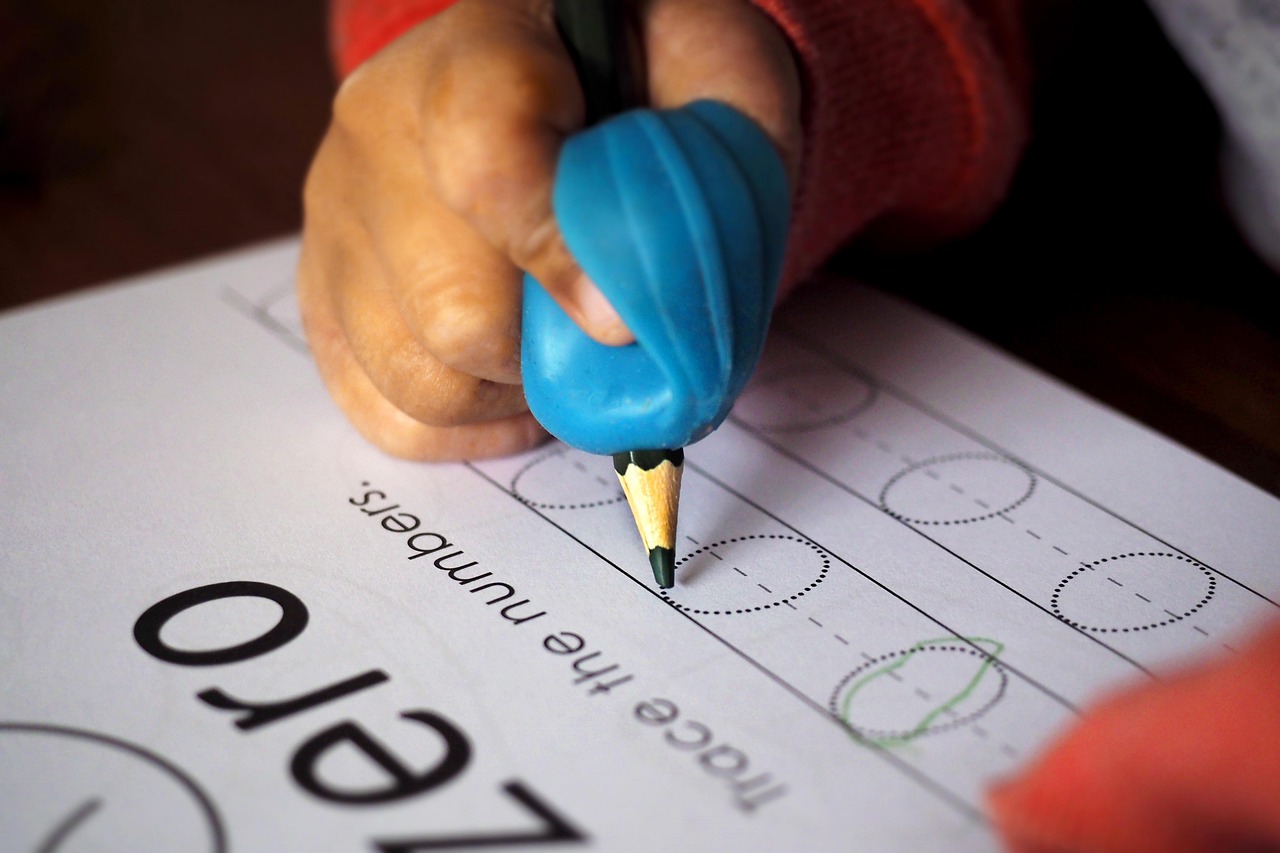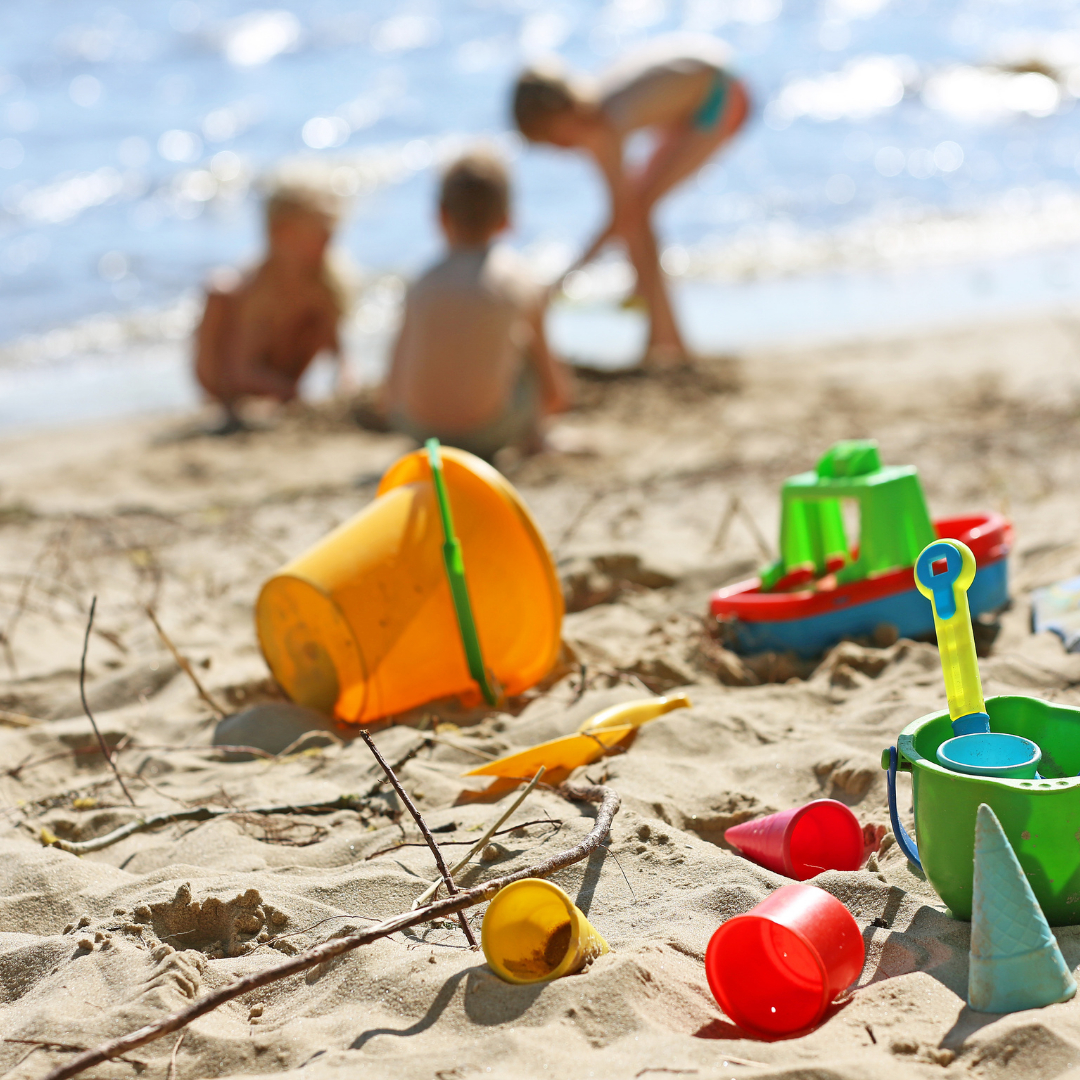Preschool Readiness Checklist: Is Your Child Ready for the Classroom?
For many parents, deciding when to send their child to preschool is filled with mixed emotions. There’s excitement about new adventures and friendships, but also a bit of uncertainty: Is my child really ready? Readiness goes beyond age. It encompasses a child’s development in areas like social skills, emotional resilience, and motor coordination—and for faith-based schools like Northdale Christian Academy, it also involves nurturing a young spirit in a Christ-centered community.
Below is a checklist that can help you gauge whether your child is poised to thrive in a preschool classroom. From practical life skills to spiritual curiosity, these key indicators will provide reassurance and clarity as you pray and plan for this next chapter in your child’s life.
-
Emotional and Social Readiness
Why It Matters: Preschool is often a child’s first experience in a structured group setting. Children who can manage their emotions and interact politely with others have a smoother transition and less anxiety.
- Regulating Emotions: Can your child cope with small disappointments, such as taking turns or sharing toys? Every toddler has meltdowns now and then, but basic emotional regulation is a good sign they’re ready for preschool routines.
- Following Simple Rules: Even basic commands like “line up at the door” or “use your indoor voice” can make a difference. If your child generally follows household guidelines, they’re likely to adapt well to classroom structure.
What You’ll See at Northdale: Teachers often incorporate Bible stories and lessons that highlight kindness, empathy, and forgiveness. Children are encouraged to treat one another with respect—a principle that reinforces emotional and social growth in a supportive environment.
-
Independence in Daily Tasks
Why It Matters: Preschoolers are asked to do many things on their own—washing hands, putting on shoes, and handling small belongings. Having some level of independence makes it easier for children to participate confidently in daily activities.
- Self-Care Basics: Does your child know how to use the restroom independently (or with minimal help), wash hands thoroughly, and manage simple dressing tasks like zipping a jacket?
- Cleanup Skills: Tidying up after an art project or returning toys to their shelves fosters responsibility and independence. If your child can handle mini chores at home, they’ll adjust smoothly to the classroom routine.
What You’ll See at Northdale: Teachers integrate these tasks into the day, guiding children with gentle reminders and praise. Over time, students build confidence as they learn to handle life’s little challenges without constant adult intervention.
-
Comfortable with Separation
Why It Matters: A cornerstone of preschool readiness is your child’s ability to feel secure away from parents or primary caregivers. While it’s natural for youngsters to feel nervous or cry on the first day, signs of severe anxiety might mean they need a bit more time or a gradual transition plan.
- Short Periods Apart: Does your child cope well when you leave them with a trusted babysitter, a church children’s group, or at a friend’s house? If brief separations don’t cause major distress, that’s a positive indicator.
- Trust in New Adults: Observe how your child interacts with other caring adults. If they appear comfortable, smile, and accept help, they’re likely to form a bond with a preschool teacher.
What You’ll See at Northdale: The staff understands that big transitions can be tough. They often work closely with parents to make drop-offs smoother, possibly suggesting gradual transitions or shorter initial sessions if needed.
-
Basic Communication Skills
Why It Matters: Communication is at the heart of learning. Children need to ask for help, articulate their needs, and participate in group discussions or prayer time.
- Speaking Clearly: Preschoolers don’t have to be eloquent speakers, but they should be able to express basic ideas. Teachers can provide help with clarity, but the child’s willingness to talk is key.
- Listening and Understanding: Can your child follow two- or three-step instructions, such as “Find your shoes, then put them in the cubby, and join us for story time”? This skill is crucial for daily classroom activities.
What You’ll See at Northdale: Educators integrate storytelling, prayers, and conversations into the day, encouraging students to speak up and listen attentively. This approach blends language growth with spiritual learning.
-
Interest in Structured Activities
Why It Matters: While preschoolers thrive on play, they also benefit from brief structured lessons or activities (like circle time, crafts, and simple science experiments). A child who can sit for a few minutes to listen to a story or focus on an art project is more likely to engage productively in the classroom.
- Attention Span: Does your child enjoy listening to short stories or working on simple puzzles for at least five to ten minutes? That’s a reasonable span for a preschool setting.
- Curiosity About Learning: If your child frequently asks questions—“Why do leaves change color?” “How do fish breathe?”—they may be ready to explore learning opportunities in a group environment.
What You’ll See at Northdale: Teachers often offer creative, hands-on activities that keep young minds engaged. From Bible-based crafts to themed projects, children get a taste of structured learning in an age-appropriate way.
-
Fine and Gross Motor Skills
Why It Matters: Activities like coloring, cutting with safety scissors, and gluing decorations demand a certain level of hand-eye coordination (fine motor skills). Gross motor skills—running, jumping, and climbing—are equally important for active play and physical development.
- Using Crayons or Markers: Can your child hold a crayon or marker properly and draw basic shapes or lines?
- Outdoor Play: Is your child comfortable climbing stairs, pedaling a tricycle, or playing catch? Having enough motor control makes them more confident on the playground and during group games.
What You’ll See at Northdale: Teachers balance classroom time with outdoor activities, encouraging children to develop physically as well as academically and spiritually. This well-rounded approach is part of the school’s holistic vision.
-
Willingness to Share and Take Turns
Why It Matters: Preschool is a social environment, and children quickly learn they can’t always be first or have sole ownership of toys. A child who’s open to sharing often adapts faster and has fewer conflicts with peers.
- Group Play Behavior: If your child is used to playing with siblings or neighborhood friends and has some concept of sharing, they’re on the right track.
- Resolving Minor Conflicts: While teachers guide kids through disagreements, a child who can at least attempt to say “Sorry” or wait patiently in line will have an easier adjustment.
What You’ll See at Northdale: A culture of kindness and empathy is emphasized. Teachers encourage children to think about how their actions affect others, using moments of conflict as learning experiences that reinforce Christian values like patience and compassion.
-
Spiritual Curiosity or Openness
Why It Matters: In a faith-based preschool, spiritual development is integrated into everyday lessons. Children benefit when they arrive with an openness to learning Bible stories, singing worship songs, or praying together.
- Listening to Simple Bible Stories: If your child enjoys hearing about Jonah, David, or Jesus, they may be ready to experience daily devotionals in a classroom setting.
- Asking Questions About God: When toddlers ask questions about why we pray or who God is, it signals spiritual curiosity. A Christian preschool can nurture that curiosity through gentle, age-appropriate teachings.
What You’ll See at Northdale: Warm, inclusive devotion times where students learn foundational truths of the Christian faith in a safe, welcoming atmosphere. Kids often engage in joyful worship songs and Bible-based crafts, setting the stage for lifelong spiritual growth.
-
Positive Attitude Toward Other Children
Why It Matters: Preschool is a community experience. Children learn to cooperate, celebrate each other’s achievements, and practice teamwork. A child who shows interest in peers—offering a toy or greeting a classmate—will find joy in the cooperative environment.
- Making Friends: Does your child get excited about playdates, church gatherings, or other social situations? Anticipating time with other kids often indicates readiness for preschool.
- Empathy and Encouragement: If your child shows concern when someone’s upset or happily cheers on a friend, they’re already building the empathy skills essential for group settings.
What You’ll See at Northdale: Intentional group activities, from shared reading circles to collaborative play in centers. Teachers model kindness, and children learn to mirror these behaviors in their interactions.
-
Parent and Family Readiness
Why It Matters: It’s easy to focus on the child’s development, but the family’s mindset is equally important. Are you ready to see your child take this big step? Have you considered how you’ll communicate with teachers, handle schedules, and support the new routine?
- Consistent Routines at Home: Aligning meal times, bedtimes, and morning routines with a preschool schedule can ease the transition.
- Receptive to School Involvement: Northdale Christian Academy, for instance, welcomes parent participation in volunteer activities, school events, and occasional classroom support. If you’re open to staying engaged, it enriches your child’s educational journey.
What You’ll See at Northdale: Open communication channels, including newsletters, parent-teacher conferences, and invitations to family events like chapel services or community projects. When parents and teachers collaborate, children flourish academically, socially, and spiritually.
Conclusion
Determining whether your child is ready for preschool is about assessing a blend of developmental milestones, emotional resilience, and family preparedness. If you’ve read through this checklist and found that your child meets or is close to meeting many of these indicators, it may be time to start exploring preschools—including faith-based options like Northdale Christian Academy.
Keep in mind that readiness doesn’t mean perfection. Children who hesitate to share or occasionally struggle with emotions can still thrive in a nurturing preschool environment. The key is a willingness to learn, grow, and adapt—qualities that every child can develop with the right support.
As you pray and reflect on this new stage, consider visiting the preschool in person. Speak with teachers about how they introduce academic concepts, foster spiritual growth, and support emotional development. Observe the atmosphere—are children engaged, curious, and joyful? A positive preschool environment not only meets your child’s current needs but also sets the stage for a lifetime of learning, faith, and friendship.
Ultimately, deciding on preschool readiness is as much about your peace of mind as it is about your child’s skills. When both parents and children feel confident and excited, that’s often the best sign that you’re ready to step into the preschool journey—one filled with discovery, growth, and the loving guidance of Christ-centered educators.








